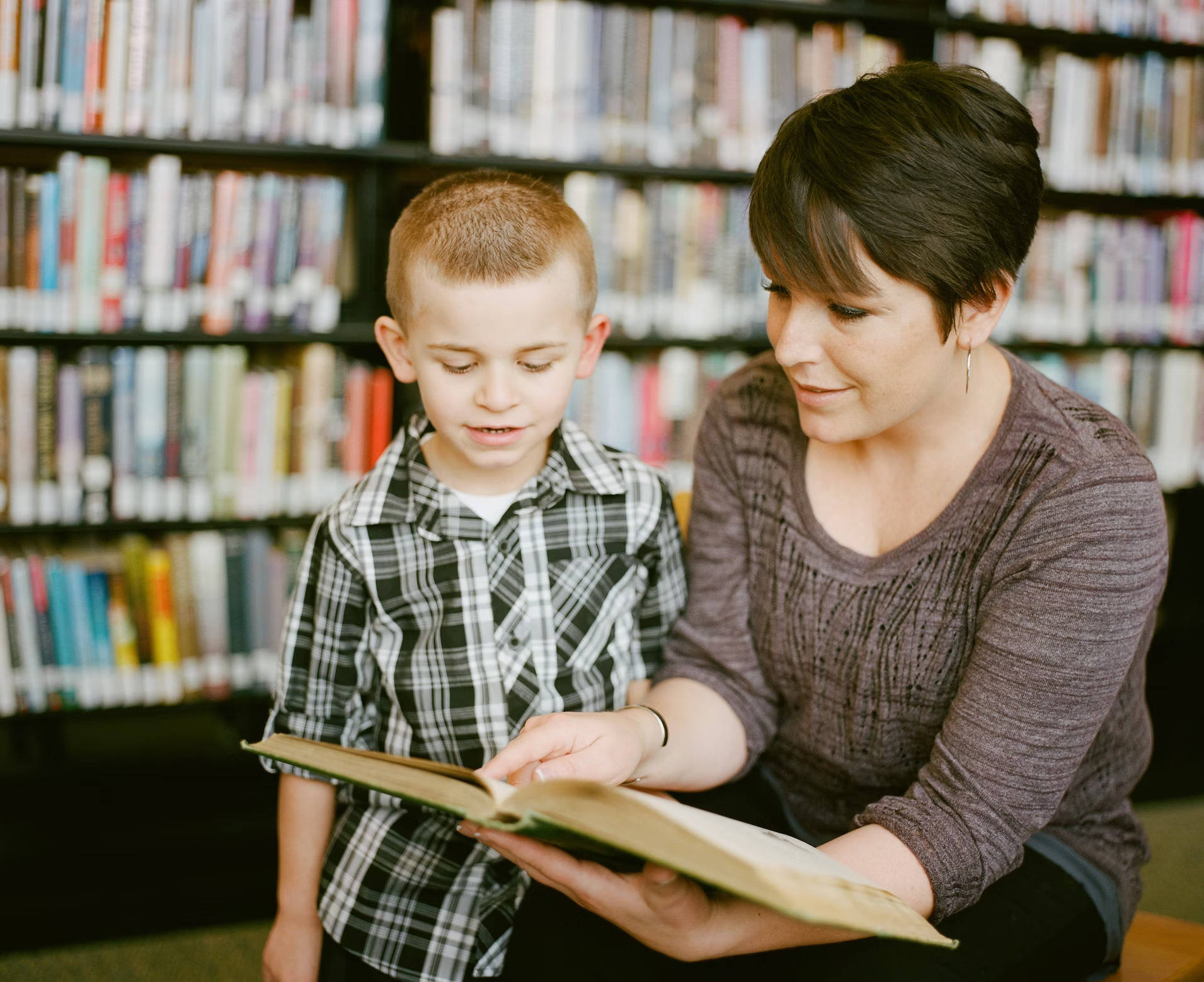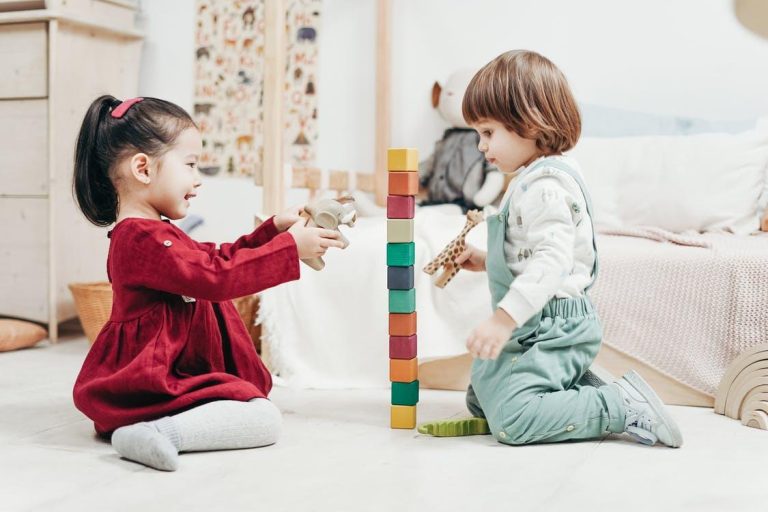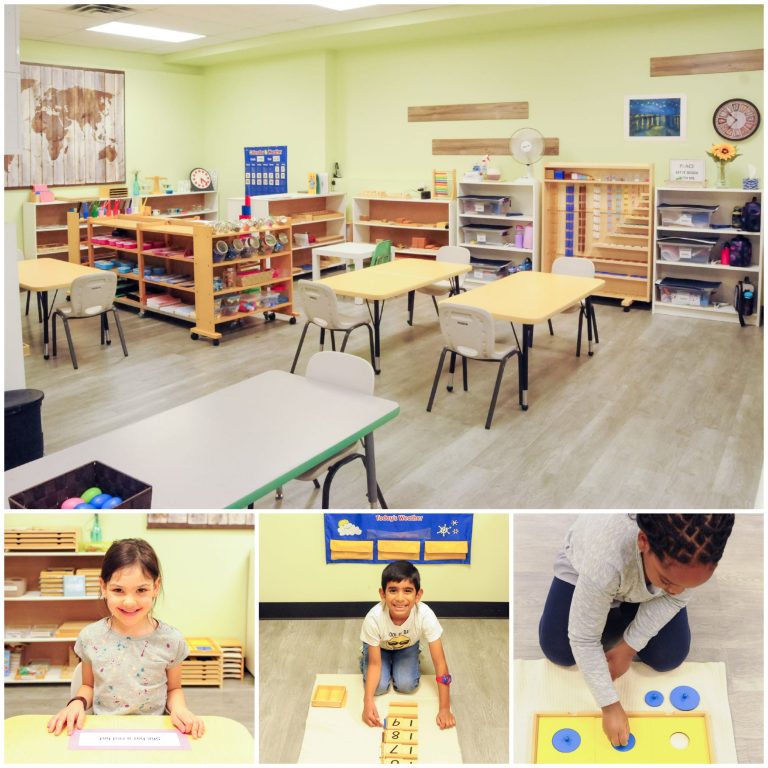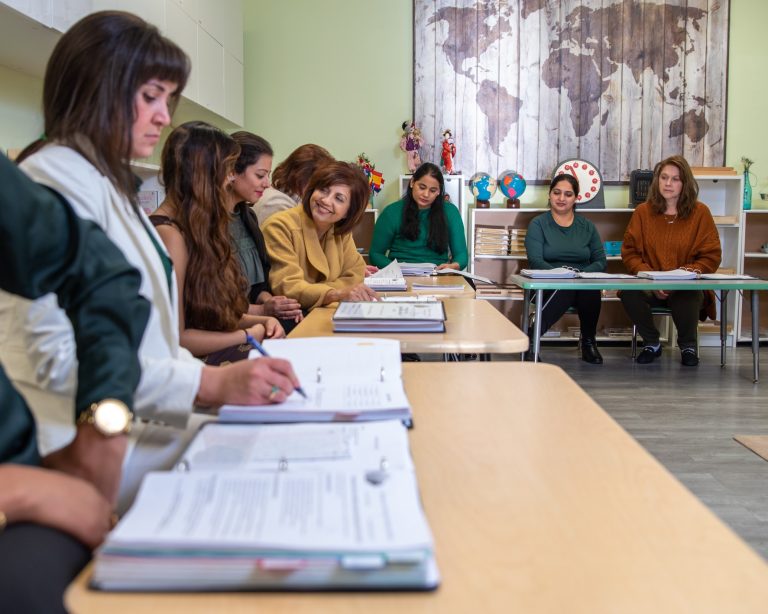The Mindset of the Early Childhood Educator/Montessori Teacher
The mindset and attitude of an early childhood educator or Montessori teacher have an enormous impact on students. Whether you’re an early childhood educator, starting your online Montessori teacher training, or a parent, there are steps you can take to foster a positive mindset that will have a beneficial impact on children.
Reflect on your early days of schooling. What was your preschool, kindergarten, or first-grade teacher like? Perhaps you remember a warm, kind teacher who all students, including yourself, loved. Or you may recall a stern teacher who invoked fear. Many people can recall at least one teacher who inspired them to love learning and going to school. Whether teachers positively or negatively affect children depends on their temperament.
Discover the Montessori approach to developing the best mindset for working with young children:
Keep Your Reason for Teaching Ever Present
Teaching and parenting is more than just a job. It’s a calling. Dr. Maria Montessori believed that becoming a teacher required spiritual preparation. In her own words, she said, “The training of the teacher who is to help life is something far more than a learning of ideas. It includes the training of character, it is a preparation of the spirit.”
Montessori believed that teachers needed to prepare their spirits by loving knowledge, learning, and the universe itself. A great sense of love can help teachers guide students with kindness and affection.
Many people feel drawn to teaching because they love children and want to make a positive impact. Yet, veteran teachers discover that teaching also involves learning from students. Ultimately, teachers who believe strongly in their work and also believe in the potential of each child often create the best connections with students.
Cultivate Humility and Respect for the Child
Montessori believed that children should be treated with dignity and respect. Often, in our roles as parents and teachers, we view ourselves as the ultimate authority. It’s easy for adults to expect complete obedience from children. However, even adults sometimes disagree with requests made by others and welcome being able to discuss compromises and alternatives.
Imagine your boss assigns a huge project and expects you to complete it in a few days. You know it’s impossible and ask to discuss it. If your boss refuses, you’ll probably feel that it’s unfair and frustrating. Yet, adults often expect children to accept assignments, requests, and tasks without argument.
Adults must also be able to admit when we’re wrong and apologize. By treating children with respect and as the individuals they are, we can connect more authentically with students.
The goal is to foster not only the child’s academic skills but also their personality and character. When adults model healthy, respectful relationships, children also learn how to engage in this type of relationship. Montessori believed that education was the path toward world peace, not just raising a new generation of professionals. As Montessori said herself, “Education is the best weapon for peace.”
Build Patience and Seek Mentorship
Just like with any profession, no one can do the job perfectly on the first day. In her book, The Absorbent Mind, Montessori compares new teachers to new doctors. While a new doctor may have studied to gain the knowledge to be an excellent physician, nothing can replace the experience gained in the clinic. Without the chance to see real patients, they can’t develop their skills. The same is true for teachers.
Montessori recommended that teachers seek out mentorship and advice from teachers with greater experience. Plus, getting experience in the classroom can help early childhood educators practice the skills necessary for being a good teacher.
This means that early childhood educators and Montessori teachers who are starting their careers must be patient as they learn the practical skills needed to teach young children. It takes time, a willingness to make mistakes, and a positive attitude toward learning.
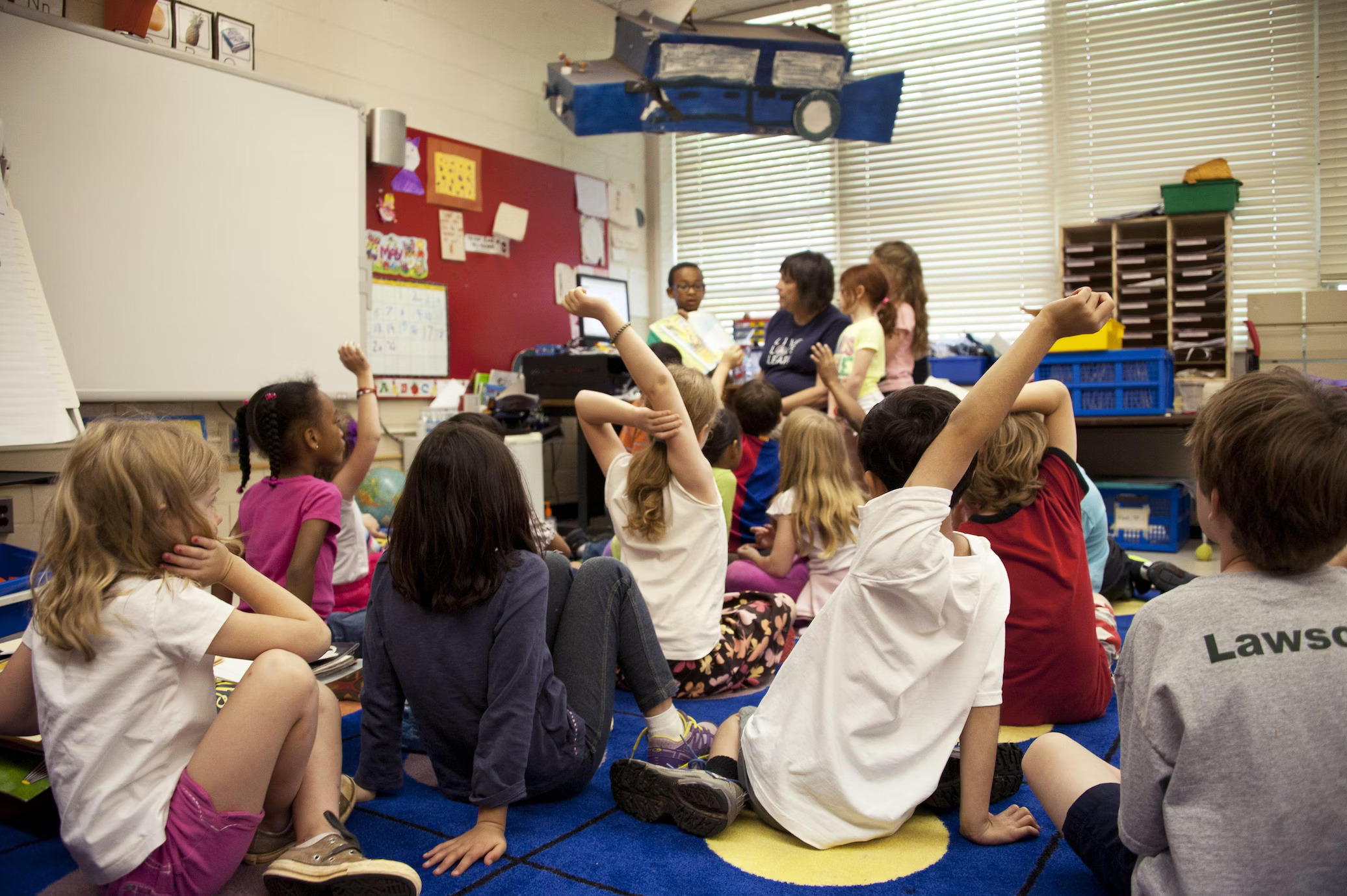
Offer a Calming Presence
Montessori knew that when adults are calm and confident, they can help create a productive environment. As she notes in The Absorbent Mind, “If a teacher is really sure of herself this alone will be enough, before she can say, ‘Now, children, let us all keep quite still,’ and a calm will be born as if by magic.”
Yet, to be calm as adults, we need to find ways to channel our energy. The stress of everyday life can be overwhelming, making it difficult to be patient and calm in the midst of a chaotic moment in the classroom. So, how can you bring a sense of calm into your life and classroom?
Meditation and journaling are just two options to help you achieve a calm mindset in your life overall. Additionally, teachers and parents can take mindset courses to learn strategies for achieving inner calm or leading others with confidence. Achieving a calming presence takes time and practice. Experiment with different strategies such as deep breathing, mindfulness practice, or affirmations to see what works best for you.
Work to Instill Intrinsic Motivation
The mindset of an early childhood educator, parent, or Montessori teacher should be aimed at helping children achieve their full potential. Part of this is seeing the end goals for the child. One of these end goals is intrinsic motivation. When children have intrinsic motivation, they complete tasks and do work for the joy of doing it. It is interesting to them, so they do it! On the other hand, if children are extrinsically motivated, they only complete work to receive praise, a gold star, or some other outside recognition.
Montessori notes that children naturally need encouragement and approval from the adults in their lives. We can promote intrinsic motivation by focusing on their effort, which helps instill a growth mindset. For example, when children show us their work, we can say “You did it!” or “You worked hard on that!” or “I saw you concentrating hard to do that!” These examples help children build up their self-esteem while focusing on their ability to work hard in the future.
When adults provide warm, encouraging feedback, children can build their self-esteem and confidence. Although it’s easy to simply say, “Good job!”, it’s best if we can take a moment to connect with the child. Get down to their eye level, look at their work, and then offer a thoughtful response. The above examples of praise are a good starting point. Additionally, you can use descriptive praise to describe their work by saying something like, “Look at all of the colors you used!”, “I see you made your letters very carefully.”, or “The tower looks very straight!”
View Misbehavior as an Opportunity for Building Concentration
Another important aspect of the mindset of a Montessori teacher or early childhood educator is how we view misbehavior or “bad” behavior. Rather than noticing what the child is doing wrong, Montessori encourages adults to try to understand the child’s behavior and identify what they need. Perhaps a child who is running in the classroom needs some exercise. Or maybe a child who is talking a lot and interrupting others needs some one-on-one attention. With a mindset of trying to understand the child instead of controlling them, it’s often easier to achieve positive results. When the child feels understood and their needs are met, they’ll behave well.
Are you curious to learn more about how to approach misbehavior? Learn more about Montessori classroom management techniques.
Give the Environment the Attention it Deserves
Finally, a Montessori teacher or parent should always be thinking about what the environment needs so that it can better serve the children. A mindset that constantly seeks improvement helps meet the children’s needs so that they can learn more, concentrate better, and create a positive community.
How can you achieve this mindset? Many teachers make a routine of observing the classroom from a child’s perspective. Sit down on the floor at least once a week and look at the classroom as if you were a student. Try to remember what materials and areas of the classroom children love most. What is so special about these areas? How can you replicate this in other areas of the classroom? Also, notice which areas seem to be ignored or under-used. In the areas that aren’t used much, try switching out materials or adding new activities. Sometimes, it can also help to present under-used materials to children again. A simple reminder that an activity is available can renew the students’ interest.
If children are tempted to run through a long, open area, consider re-arranging furniture. Then, also be sure that children have plenty of opportunities for running and playing outside or in an appropriate open space.
Ultimately, the mindset should be that the classroom is always evolving and changing. It is never “finished.” With this mindset, the teacher can help create a vibrant space for learning!
Achieving the Mindset of an Early Childhood Educator/Montessori Teacher
As they say, Rome wasn’t built in a day. A mindset of calmness, humility, and respect requires much practice over time. By surrounding yourself with like-minded people, you can work toward achieving the ideal mindset.
In addition to studying Montessori and the characteristics of a Montessori teacher, be sure to also take time for yourself. By preparing your spirit through meditation and fulfilling activities that bring you joy, you can also transmit peace, calm, and joy to the children in your care.
Dive into online Montessori teacher training and learn how to achieve the mindset of an early childhood educator and Montessori teacher.
Do you have questions? https://montessoriptc.com/contact-montessori-courses/ to learn more about our training programs. We look forward to hearing from you!

